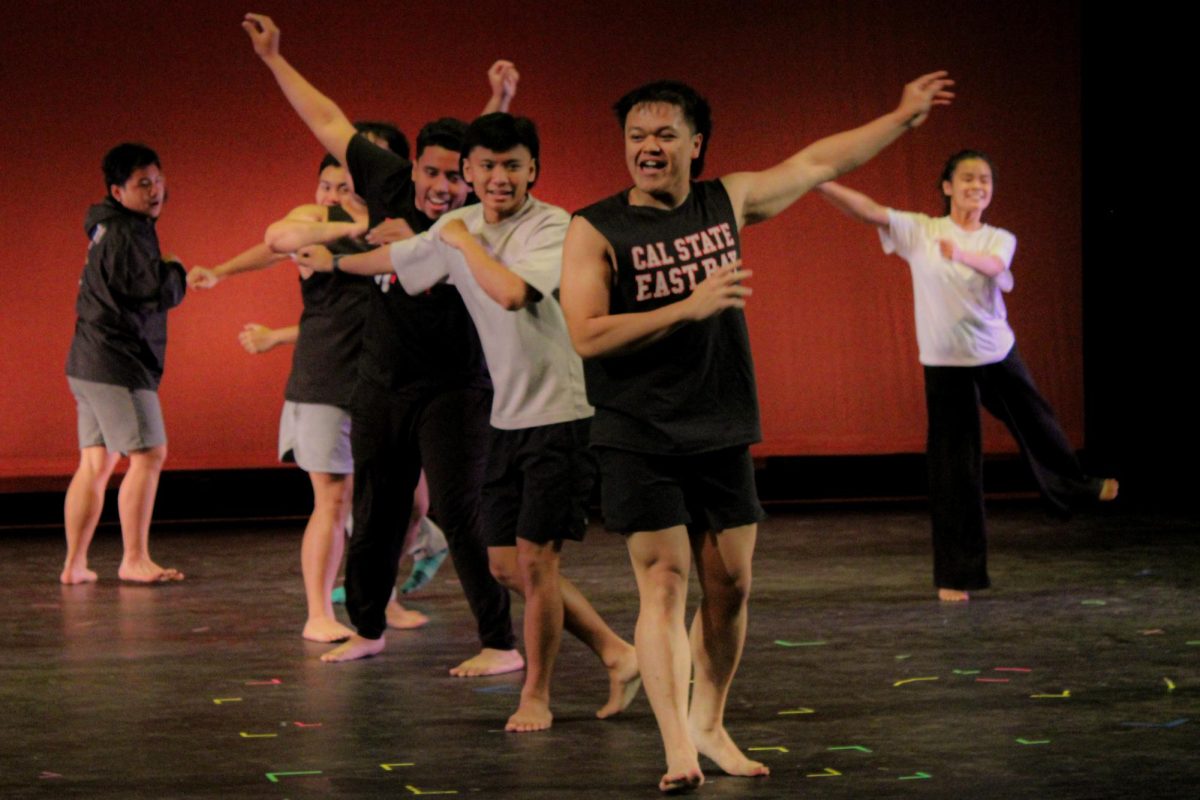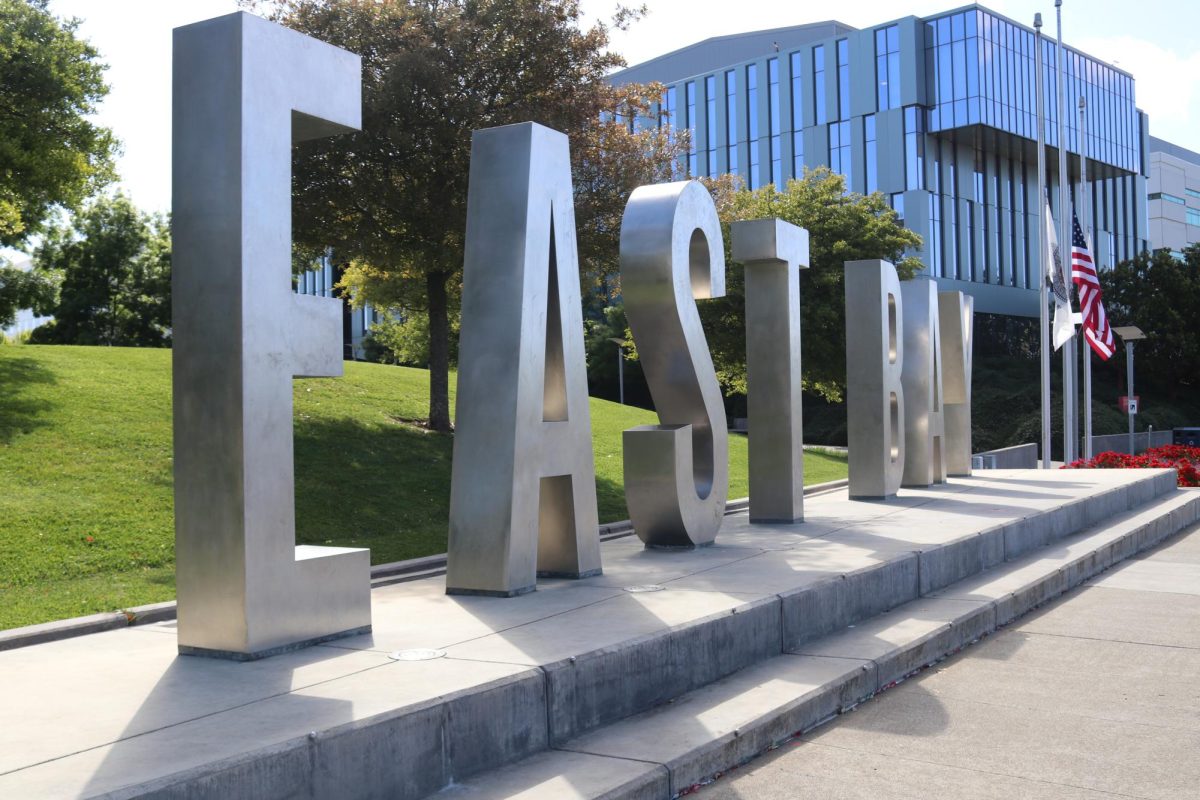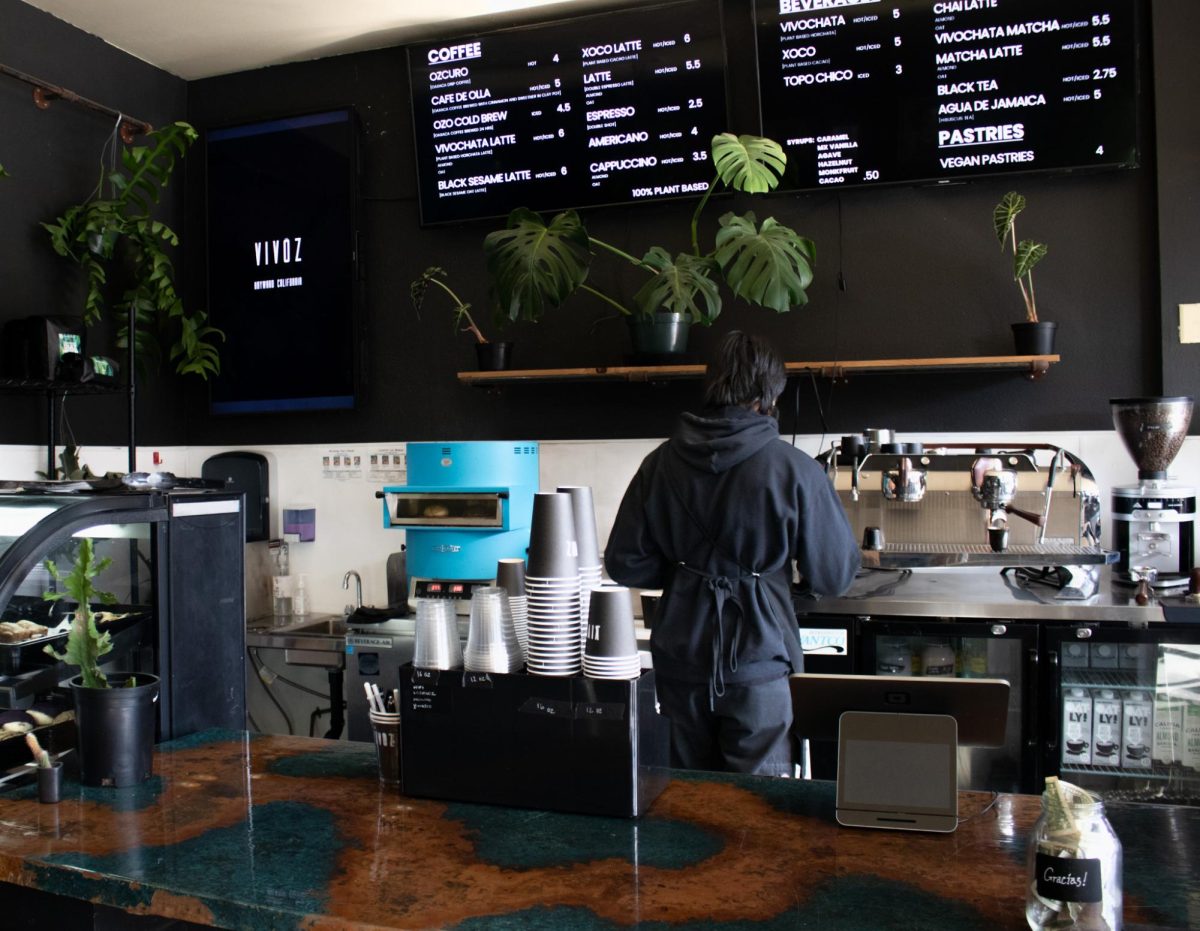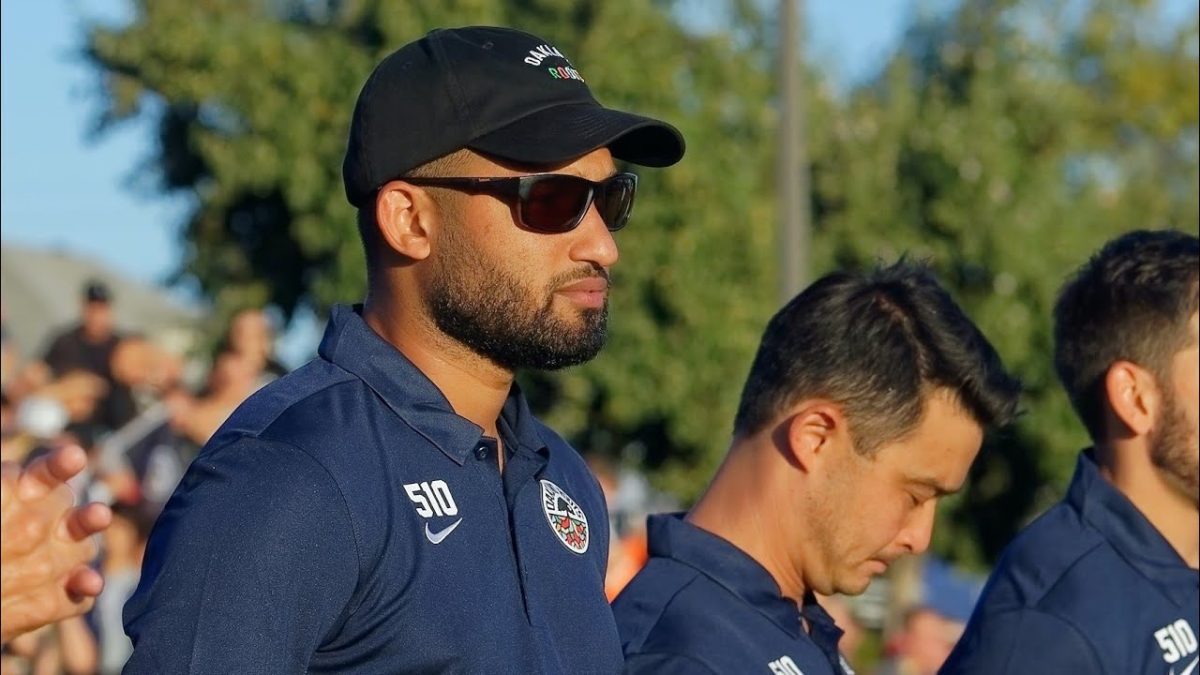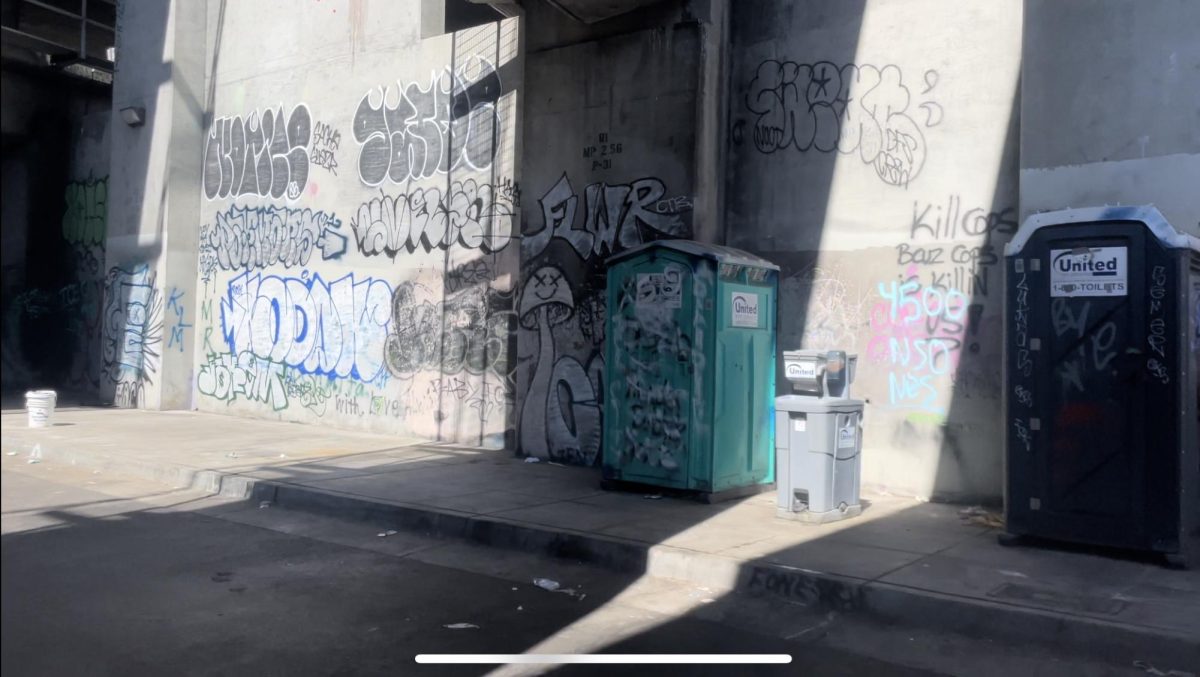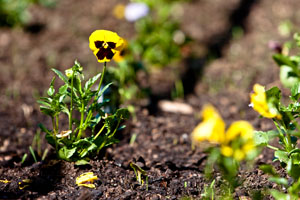
Relocation can be a difficult process for any immigrant who is forced to leave their homeland and come to a new country.
Such is the case for the members of the growing refugee community in Oakland who have found their way to the United States through a number of organizations, such as the International Rescue Committee.
International crises, which include the ongoing Karen State war in Myanmar and ethnic conflicts in Bhutan and Nepal, have led to the displacement of tens of thousands of people. In fact, the I.R.C. reports to have relocated 9,000 refugees to the United States in 2009 alone.
Many of these displaced people, who are used to living in the rich jungles of Southeast Asia and the fertile valleys of the Himalayas, are now living in the concrete confines of Oakland, California. To cope with their new urban environment, refugees such as Bhawani Dhimal of Bhutan have taken up gardening as a way to reconnect with their agricultural history and create a self sustaining source of food. Dhimal, 65, actually worked for Bhutan’s Department of Agriculture before he arrived in Oakland in 1992.
At first these gardens were confined to people’s houses, apartments, and anywhere else they could find a suitable plot of land. However, with the recent help of Oakland community organizer Zack Reidman, new gardens are sprouting up at locations which include Oakland’s Harbor House Ministry and the Oakland International High School. Reidman, who has worked with urban gardens and refugee communities in the past, saw gardening as a perfect way to strengthen the local refugee community which includes displaced people from all over the world including those from Southeast Asia.
“I recognized pretty quickly the great emphasis within the community to continue what they have been doing for generations,” said Reidman. Reidman believes that his primary job will be to employ, “a creative process to find access to land.”
Many refuges have met resistance from land lords and city officials in their quest to create agricultural havens within their urban dwellings.
Community gardens have spread across Oakland to include those tended by the Laotian Mein people in the Fruitvale District. New gardens are also serviced by members of the Cambodian community. Reidman does not believe this gardening to be an “ethnocentric” practice, stating that refugees from all over the world can benefit from this process.
Reidman sees this cause as so important because it allows the partakers to engage in a, “therapeutic process,” with, “rituals involved, being able to support themselves.” This highlights both the emotional benefits of gardening and the practical side of it all.
Many of the refugee’s native dishes, such as gundruck from Bhutan which is made from a very specific mustard seed, are hard to assemble from ingredients from local stores. Thus gardening allows them to keep their cultural practices intact by engaging in a shared activity which maintains their rich culinary traditions.
Oakland Gardens Bring Familiarity To Refugees
October 14, 2010
Leave a Comment
More to Discover





